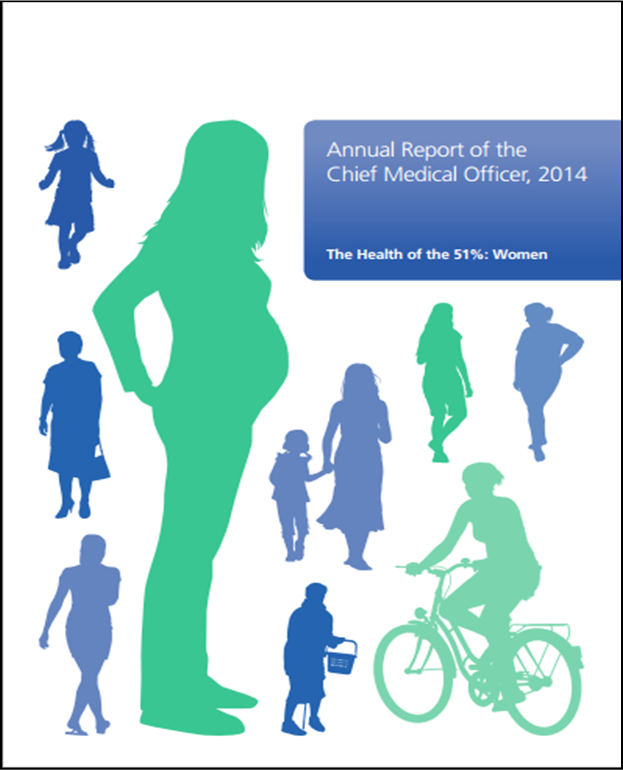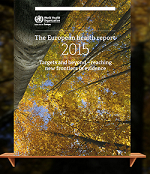Obesity and the cancer epidemic
A new report about the burden of obesity in the UK, has delivered shocking predictions about future cancer rates. Based on today’s trends the report predicts that nearly 3 in 4 adults will be overweight or obese by 2035 and this would lead to an additional 670,000 cases of cancer.
Rising obesity may lead to increased cancer rates for several reasons. High amounts of fat in the body change the levels of hormones such as oestrogen and testosterone which may raise the risk of cancer. Raised levels of fat can also alter the quantities of chemical messengers in the body and possibly have cancer related effects.
Black people are at already very high risk for particular forms of cancer. Black men have the highest risk of developing prostate cancer amongst all other ethnicities. Young Black women have worse breast cancer outcomes compared with white women.
The report (co-authored by Cancer Research UK and the UK Health forum) also suggests a variety of strategies which may help reduce obesity rates and consequently cancer rates. These recommendations appear to be sensible and practical but may not be sufficient for members of the UK population at high risk of obesity e.g. Black men and women. According to a 2014 report, Black men and women have the highest rates of obesity in England. Furthermore, it has been reported that Black and other ethnic minority children have higher rates of obesity when compared to White children in the UK. Further investigation into the obesity challenges faced by the Black community is needed.
You can find more information about the studies here, here, and here.
















